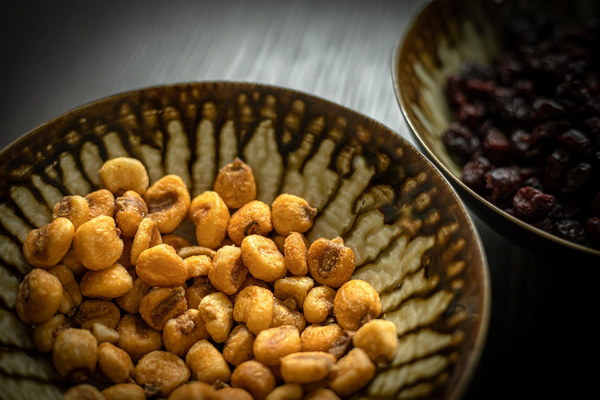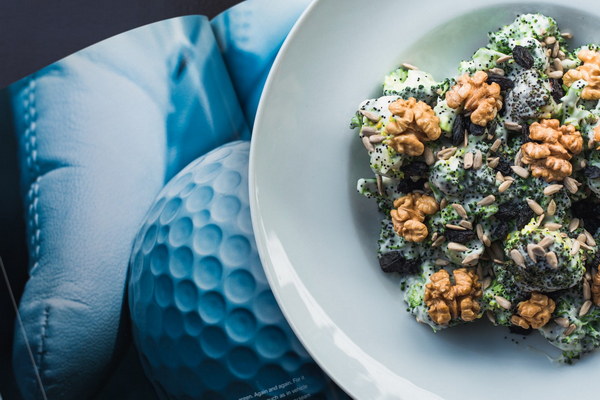Maximizing Well-being During Menstrual Bleeding Essential Tips for Self-care
Introduction:
Menstruation is a natural biological process that affects millions of women worldwide. While it is a normal part of life, the menstrual period can bring discomfort and disrupt daily routines. To ensure that you remain in top shape during this time, it is crucial to practice proper self-care. This article provides essential tips on how to care for your body during menstrual bleeding, ensuring maximum well-being and comfort.
1. Maintain a Healthy Diet:
A balanced diet is essential for overall health and can help alleviate menstrual symptoms. Include the following nutrients in your diet:
a. Iron: Iron deficiency is common during menstruation, leading to fatigue and weakness. Incorporate iron-rich foods such as lean meats, poultry, fish, beans, lentils, tofu, and fortified cereals into your diet.
b. Calcium: Calcium can help reduce menstrual cramps by relaxing the muscles. Consume dairy products, leafy greens, and fortified foods for calcium.
c. Magnesium: Magnesium can help reduce cramping and bloating. Foods rich in magnesium include almonds, cashews, spinach, and bananas.
d. Omega-3 Fatty Acids: Omega-3 fatty acids can help reduce inflammation and alleviate menstrual symptoms. Fish, flaxseeds, and walnuts are excellent sources of omega-3s.
2. Stay Hydrated:
Drinking plenty of water is crucial during your menstrual cycle. Water helps to flush out toxins, reduce bloating, and maintain regular bowel movements. Aim for at least 8 to 10 glasses of water per day.
3. Exercise Regularly:
Exercise can help alleviate menstrual cramps, reduce stress, and improve overall well-being. Engage in low-impact activities such as walking, swimming, or yoga during your period. Avoid high-impact exercises that may worsen cramping or increase menstrual bleeding.
4. Practice Heat Therapy:
Heat therapy can help alleviate menstrual cramps by relaxing the muscles in your lower abdomen. Consider using a heating pad, warm bath, or a warm towel to apply heat to your abdomen during cramping episodes.
5. Get Adequate Sleep:
Sleep is essential for overall health and can help alleviate menstrual symptoms. Aim for 7 to 9 hours of quality sleep per night during your menstrual cycle.
6. Manage Stress:
Stress can exacerbate menstrual symptoms and disrupt your well-being. Practice stress-reducing techniques such as meditation, deep breathing exercises, or engaging in a hobby to help manage stress levels.
7. Maintain Good Hygiene:
During your menstrual period, it is crucial to maintain good hygiene to prevent infections and discomfort. Use clean, fresh pads or tampons, and change them regularly. Consider using a menstrual cup or period underwear for a more eco-friendly option.
8. Consider Over-the-counter Pain Relievers:

Over-the-counter pain relievers, such as ibuprofen or acetaminophen, can help alleviate menstrual cramps and reduce pain during your period. Consult your healthcare provider before taking any medication, especially if you have pre-existing health conditions or are pregnant.
Conclusion:
Menstruation can be a challenging time, but by practicing proper self-care, you can ensure maximum well-being and comfort. By incorporating these essential tips into your daily routine, you can manage menstrual symptoms and enjoy a more comfortable menstrual experience. Remember, taking care of your body during this time is crucial for your overall health and well-being.









